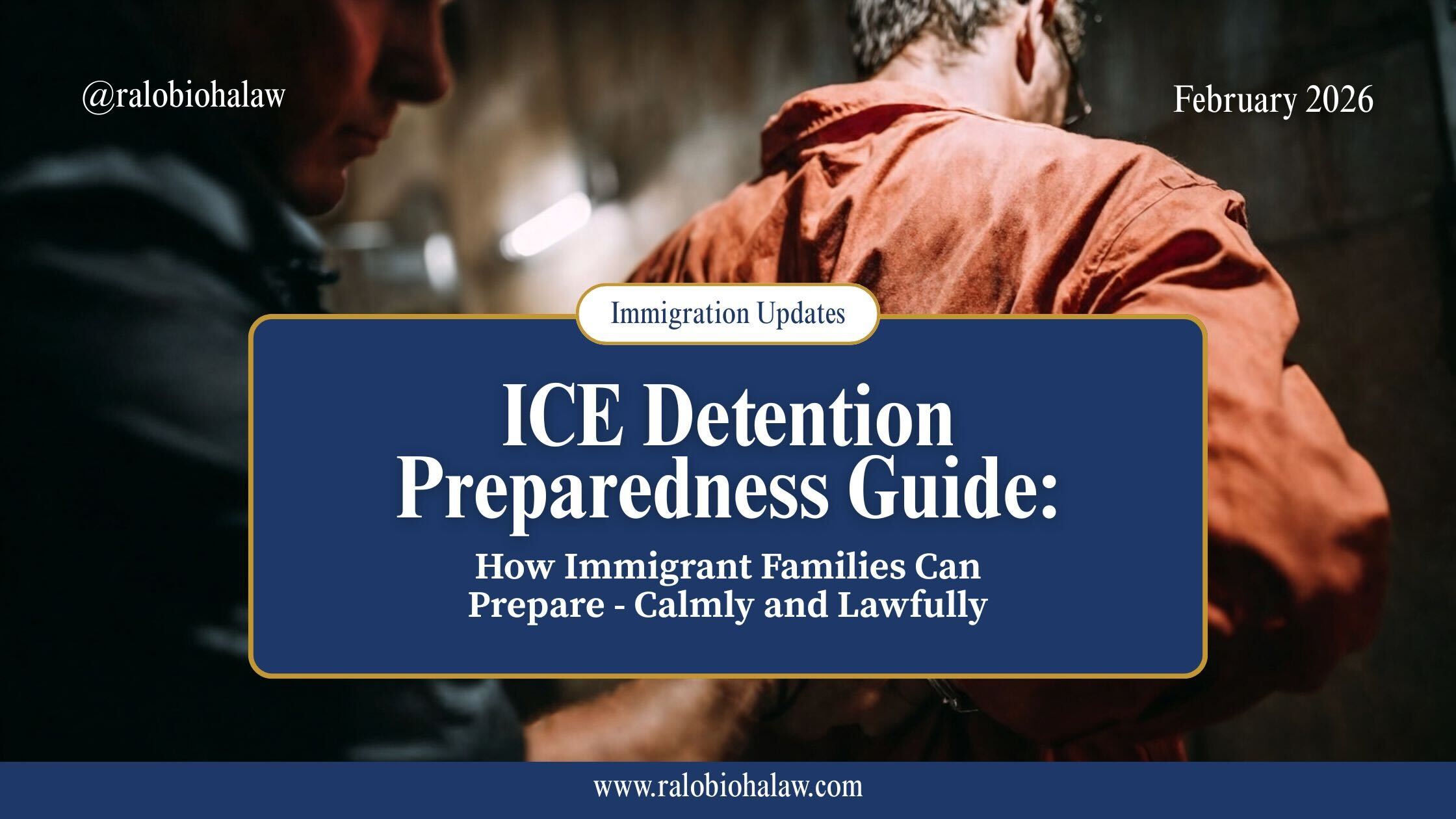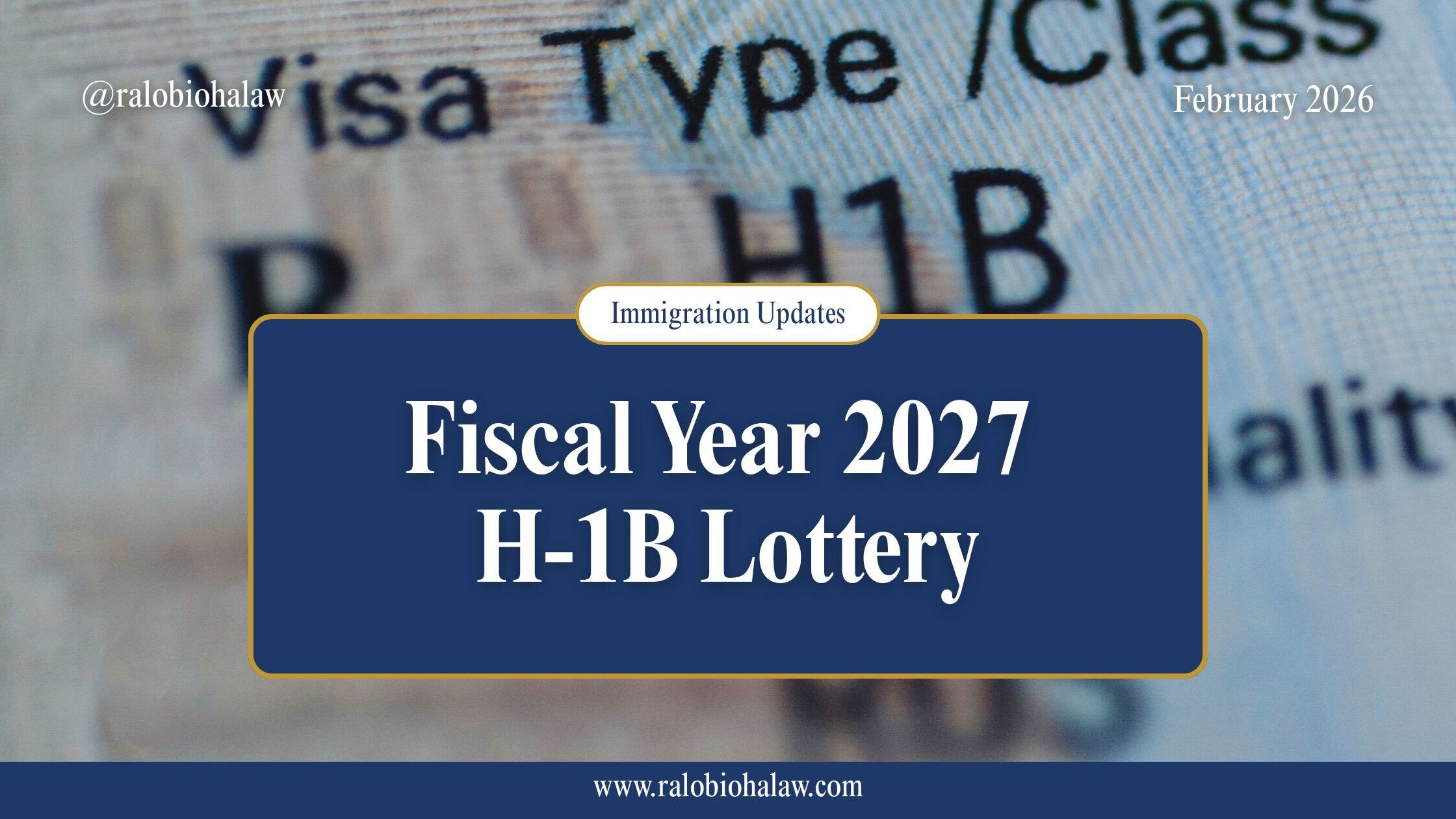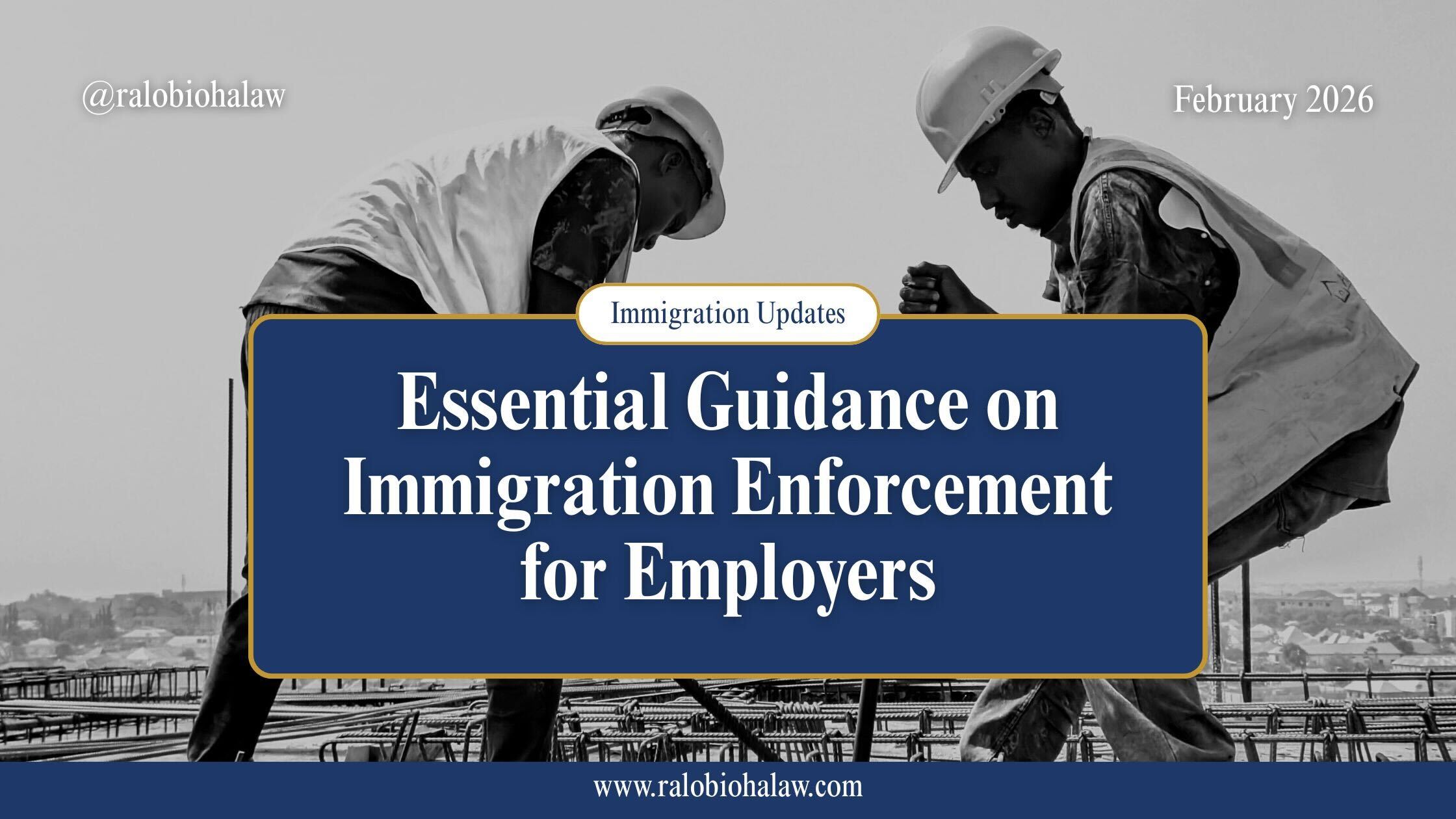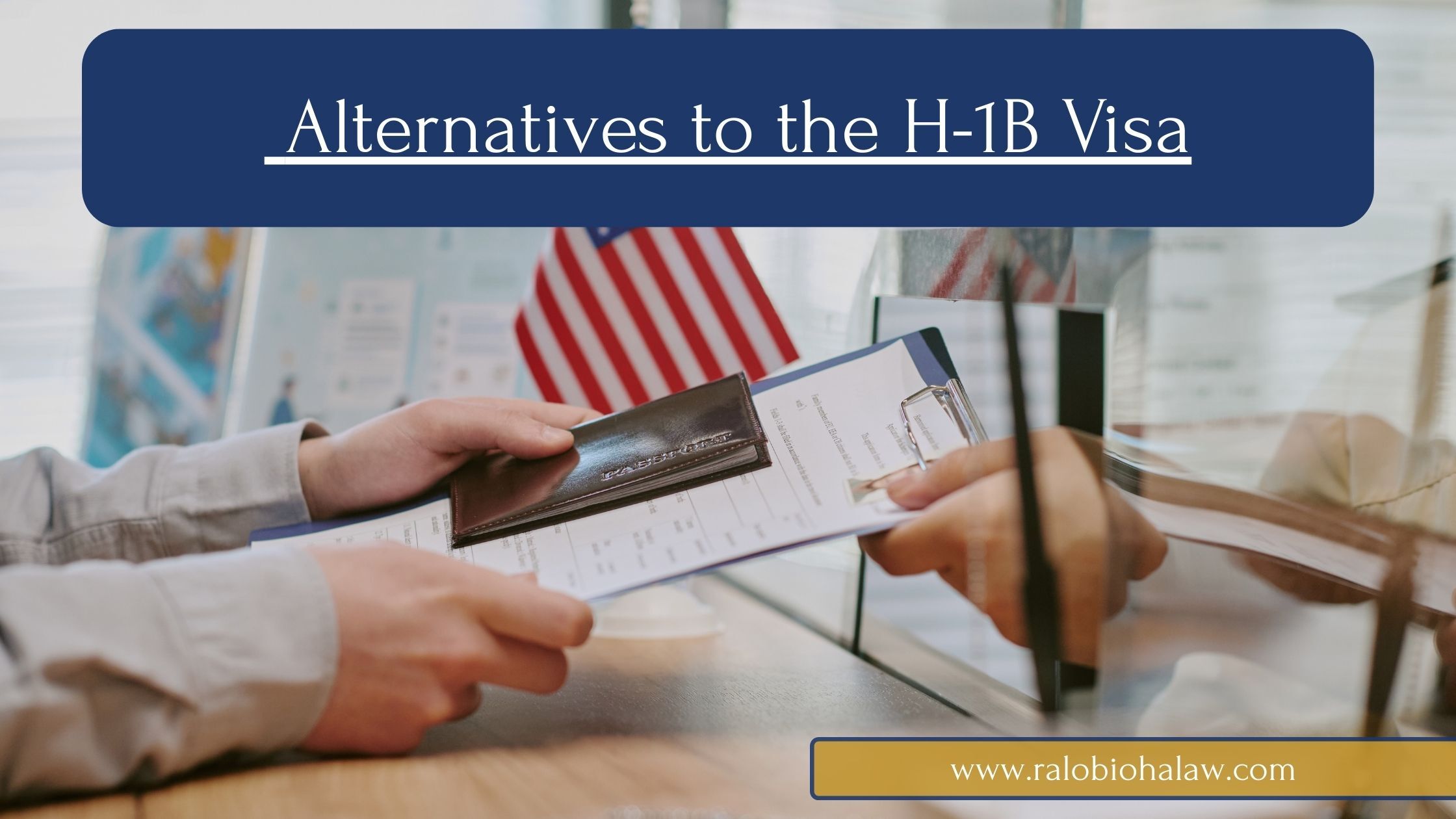1. What is SIJS?
Special Immigrant Juvenile Status (SIJS) is a path to a green card for certain young people in the U.S. who cannot reunify with one or both parents because of abuse, neglect, or abandonment. If you’re searching for “how to get a green card for an abused child,” start here.
2. Who Qualifies for SIJS?
You may qualify if you:
- Are under 21 and unmarried at the time you ask the state court for findings
- Have a Juvenile/Family/Probate Court order (the “predicate order”) that:
- Declares you dependent on the court or places you with a guardian/custodian;
- Finds reunification with one or both parents not viable due to abuse, neglect, or abandonment; and
- States it is not in your best interest to return to your home country.
Next steps: file Form I-360 with USCIS; when a visa is available, file for your green card (adjustment of status). Approval rates are high, but backlogs mean the process can take time.
3. SIJS in One Minute (Quick Summary)
- Who qualifies? Unmarried immigrants under 21 who cannot reunify with one or both parents because of abuse, neglect, or abandonment.
- Key first step: A state-court order (sometimes called the “predicate order”) that:
- Declares you a dependent or places you with a caretaker;
- States reunification with the abusive parent(s) isn’t possible; and
- Finds that returning to your home country is not in your best interest.
- What’s next? File a petition with USCIS, then apply for a green card when a visa is available.
- Approval rate: ~95 %, but backlogs mean the process can take years.
4. Why the “Age-Out” Deadline Matters
Federal law lets you apply for SIJS until age 21, but a state judge must issue the predicate order before you “age out” under your state law. If you miss the state deadline for the court order, SIJS is usually no longer available—even if you’re otherwise eligible.
Typical state cut-offs:
- In some states, courts lose jurisdiction at age 18 or 19
- In others, courts retain jurisdiction until age 21
Translation: You must obtain the court order before aging out under your state’s law, not just before filing with USCIS.
Note: A Predicate Order refers to the court order or SIJS findings required before submitting an application. If the relevant deadline passes, SIJS eligibility is no longer available, regardless of the merits of the case.
An age-out policy of 21 gives you more time to act. It also means that you have potentially matured more and can deal with the situation and application process easier.
| Age deadline | States | Practical tip |
| 21 (most times) | CA, CO, CT, DC, FL, HI, IL, MA, MD, ME, MN, MS, NV, NM, NY, OR, VT, VA, WA | You can generally obtain the predicate order up to age 21. Some states (e.g., FL, MD, VA) still require proof of abuse before 18. |
| 19 | AL, NE | Act quickly; you lose court jurisdiction on your 19th birthday. |
| 18(strict) | AK, AZ, AR, DE, GA, IA, ID, IN, KS, KY, LA, MI, MO, MT, NC, ND, NH, NJ, OH, OK, PA, RI, SC, SD, TN, TX, UT, WI, WV, WY | Court order must be signed before you turn 18. Late filings are rejected. |
Special Notes:
- Maryland, Hawaii, New York: parental abuse/neglect must have occurred before age 18
- Minnesota: Must be classified as “at-risk juvenile”
- New Jersey: Must show financial dependence and lack of emancipation
- Virginia: Courts may extend jurisdiction to 21 if filed before 18
- Ohio: “Unruly child” designation may extend jurisdiction to 21
5. Myths—Busted
| Myth | Reality |
| “You must finish everything before 18.” | Only the state-court order must be issued by your state’s deadline (18/19/21). USCIS filings can follow—even if you’ve turned 21. |
| “Age-out rules are the same nationwide.” | They vary by state. Know yours early. |
| “If USCIS is still pending when I age out, I lose.” | As long as Form I-360 was filed on time, age after filing doesn’t hurt you (USCIS Policy Manual, Vol. 6, Pt. J). |
6. Limits & Benefits
- No derivatives: parents or siblings cannot “ride” on your SIJS case.
- After you earn a green card, you may later sponsor certain relatives (not the abusive parent).
- SIJS is separate from asylum—you can pursue both if eligible.
7. How We Help
- Deadline check – We verify your exact age-out date under state law.
- Court strategy – We file the predicate-order petition and represent you in court.
- USCIS filings – Complete, timely I-360 and (later) adjustment of status package.
- Long-term planning – Work permits, travel permission, and future family-based filings
8. Take Action Early
If you (or a child you know) might qualify, our immigration attorneys can provide guidance throughout the application process!
- Call us now (713) 234-1100.
- Gather proof of abuse/neglect/abandonment (documents, messages, police or school reports).
- Book a confidential intake: www.ralobiohalaw.com
Remember: once the clock hits your state’s age limit, the court door closes.
Warmly,
Ral Obioha, Esq. LLM
Principal Attorney
Ral Obioha Law, PLLC
www.ralobiohalaw.com
Let’s talk. We offer consultations to help you understand your options and take the right steps forward.
📧 Email Us: hello@ralobiohalaw.com
📞 Call: (713) 234-1100
Stay Connected:
Disclaimer: The information in this post is for educational purposes only and does not constitute legal advice. Consultation with qualified counsel is recommended for individual cases.





